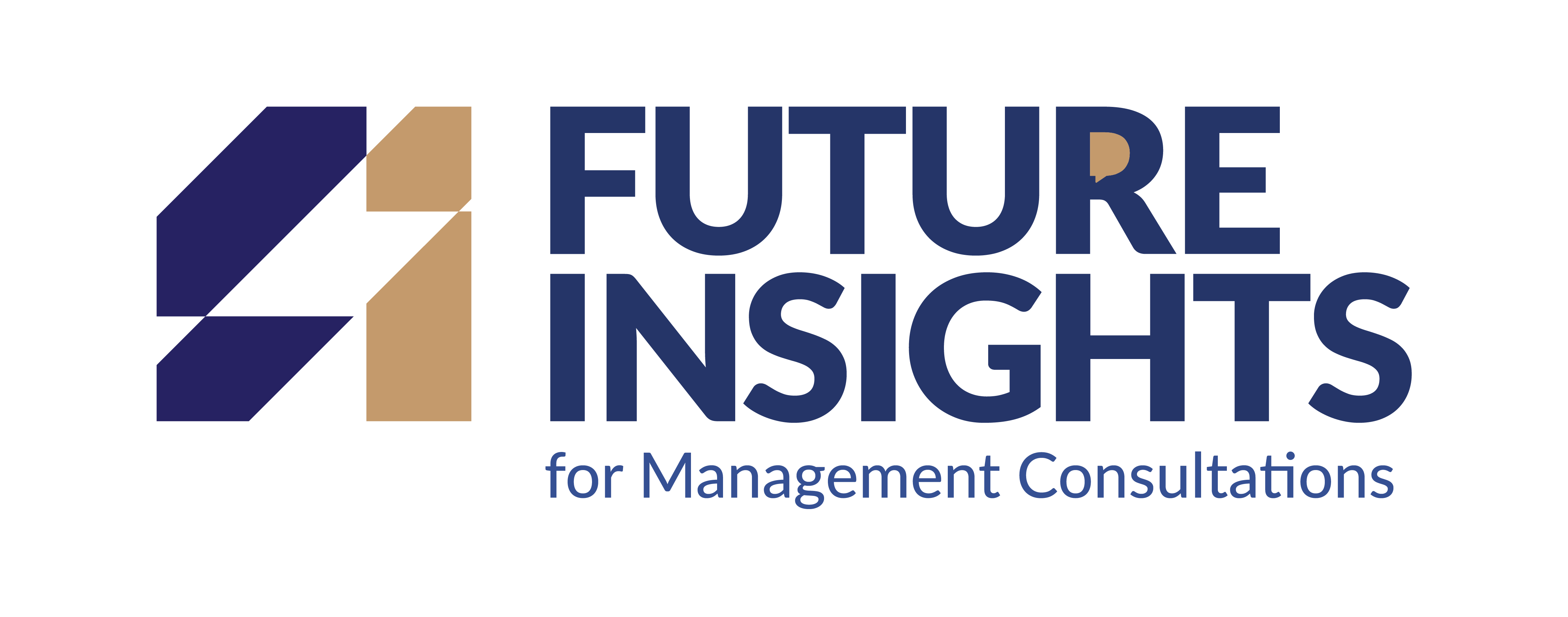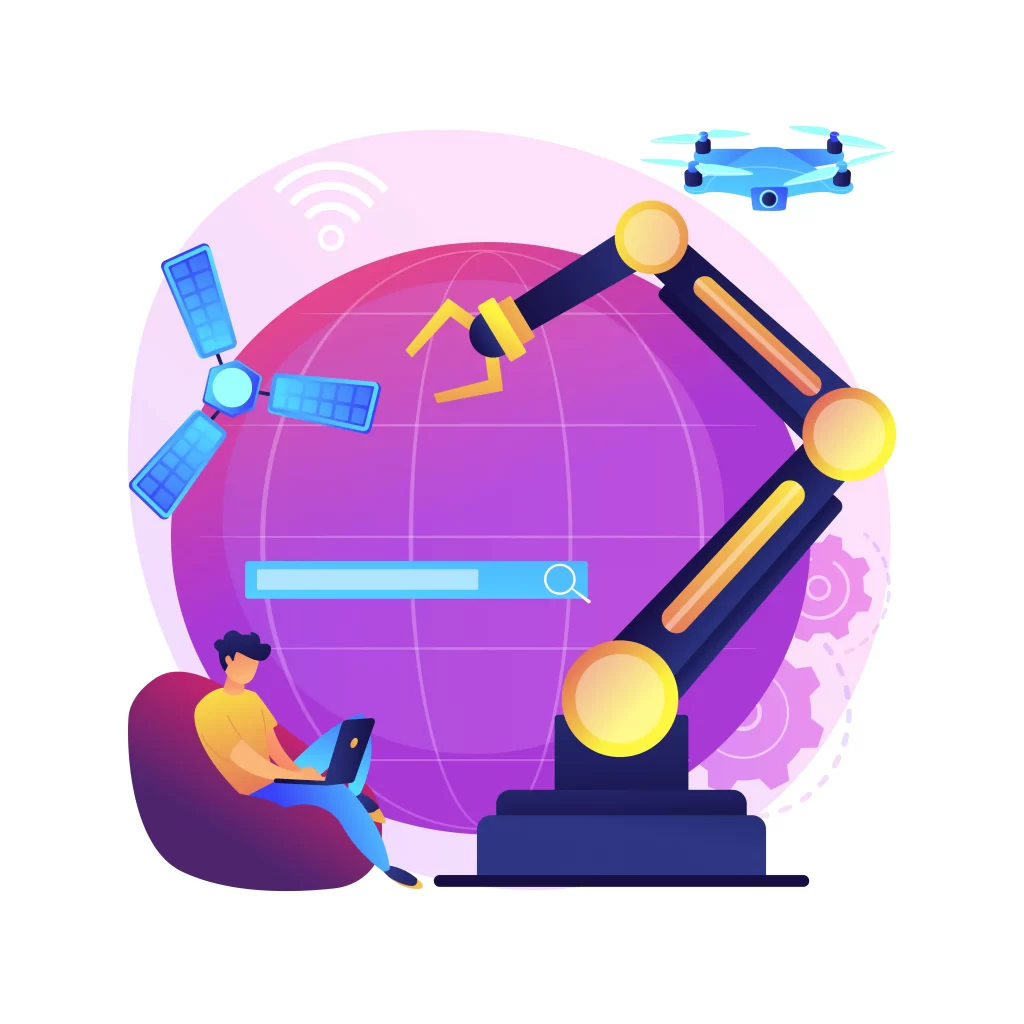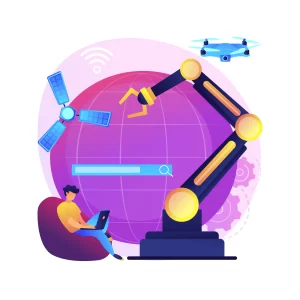1. Automating Repetitive Tasks
AI has become a key player in automating routine and repetitive tasks, allowing employees to focus on more strategic and creative endeavors. By handling tasks like data entry, scheduling, and basic customer inquiries, AI reduces workload and improves efficiency.
Examples:
- Customer Support: AI-powered chatbots provide 24/7 customer service, handling common queries and escalating complex issues to human agents.
- Accounting and Finance: Tools like QuickBooks and Xero use AI to automate invoicing, payroll, and financial reporting.
2. Enhancing Decision-Making
AI provides organizations with data-driven insights, enabling leaders to make informed and strategic decisions. Predictive analytics, machine learning algorithms, and AI-powered dashboards offer real-time data to identify trends and opportunities.
Applications:
- Human Resources: AI tools analyze recruitment data to identify top candidates, streamline the hiring process, and reduce bias.
- Marketing: AI helps predict consumer behavior and optimize marketing campaigns for better ROI.
3. Redefining Job Roles
AI is not just replacing jobs; it is also creating new ones. While some tasks are being automated, AI is driving the demand for roles that require advanced skills in technology, data analysis, and AI management.
Emerging Roles:
- AI Trainers: Professionals who train AI systems to perform specific tasks.
- Data Scientists: Experts in analyzing and interpreting complex data.
- AI Ethics Specialists: Individuals who ensure AI systems operate ethically and without bias.
4. Facilitating Remote and Hybrid Work
AI has played a crucial role in enabling the rise of remote and hybrid work models. From virtual collaboration tools to intelligent scheduling systems, AI has made it easier for teams to work efficiently, regardless of their location.
Technological Support:
- AI-Enhanced Video Conferencing: Platforms like Zoom and Microsoft Teams use AI to improve audio quality, provide live transcription, and even create virtual backgrounds.
- Task Management: Tools like Trello and Asana incorporate AI to prioritize tasks and set deadlines.
5. Improving Employee Experience
AI is revolutionizing employee experience by personalizing training programs, providing real-time feedback, and monitoring well-being. Companies are leveraging AI to create workplaces that are more inclusive and employee-friendly.
Examples:
- Learning and Development: AI-powered platforms like Coursera and LinkedIn Learning recommend personalized courses to employees based on their career goals.
- Health and Wellness: Wearable devices and AI apps monitor employee stress levels, offering insights to improve work-life balance.
6. Boosting Innovation
AI is empowering businesses to innovate faster by providing tools for rapid prototyping, problem-solving, and creative ideation. From product design to marketing strategies, AI accelerates the innovation process.
Real-World Impact:
- Product Development: AI tools like Autodesk use machine learning to generate innovative design ideas.
- Creative Industries: AI platforms assist in creating ad campaigns, writing content, and editing videos.
7. Addressing Workplace Challenges
While AI brings numerous benefits, it also presents challenges:
- Workforce Displacement: Automation may lead to job losses, particularly for roles involving repetitive tasks.
- Ethical Concerns: The use of AI raises questions about privacy, bias, and accountability.
- Skill Gaps: Employees must upskill to stay relevant in an AI-driven workplace.
Solutions:
- Invest in upskilling and reskilling programs for employees.
- Implement AI systems that operate transparently and ethically.
- Foster a culture of continuous learning and innovation.
Conclusion
AI is reshaping workplaces by automating tasks, enhancing decision-making, and creating new opportunities for innovation. While challenges remain, the potential for AI to improve productivity, foster creativity, and enhance employee experiences is undeniable. Organizations that embrace AI thoughtfully and ethically will lead the way in shaping the future of work.



